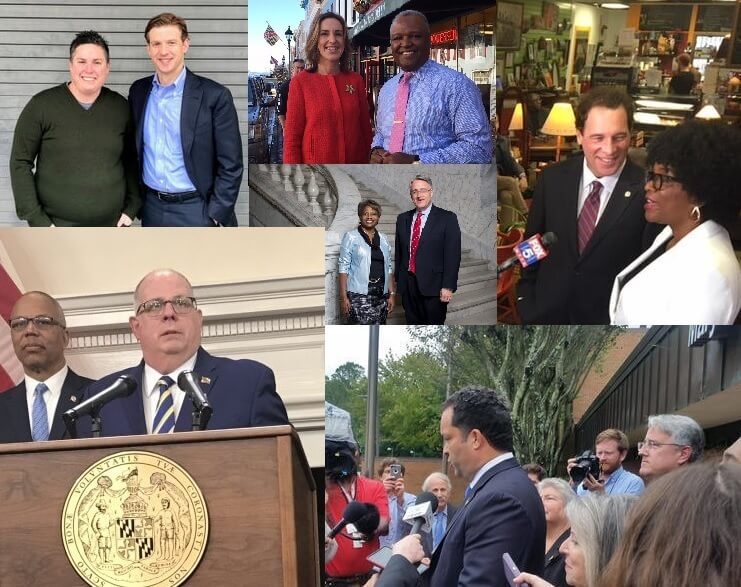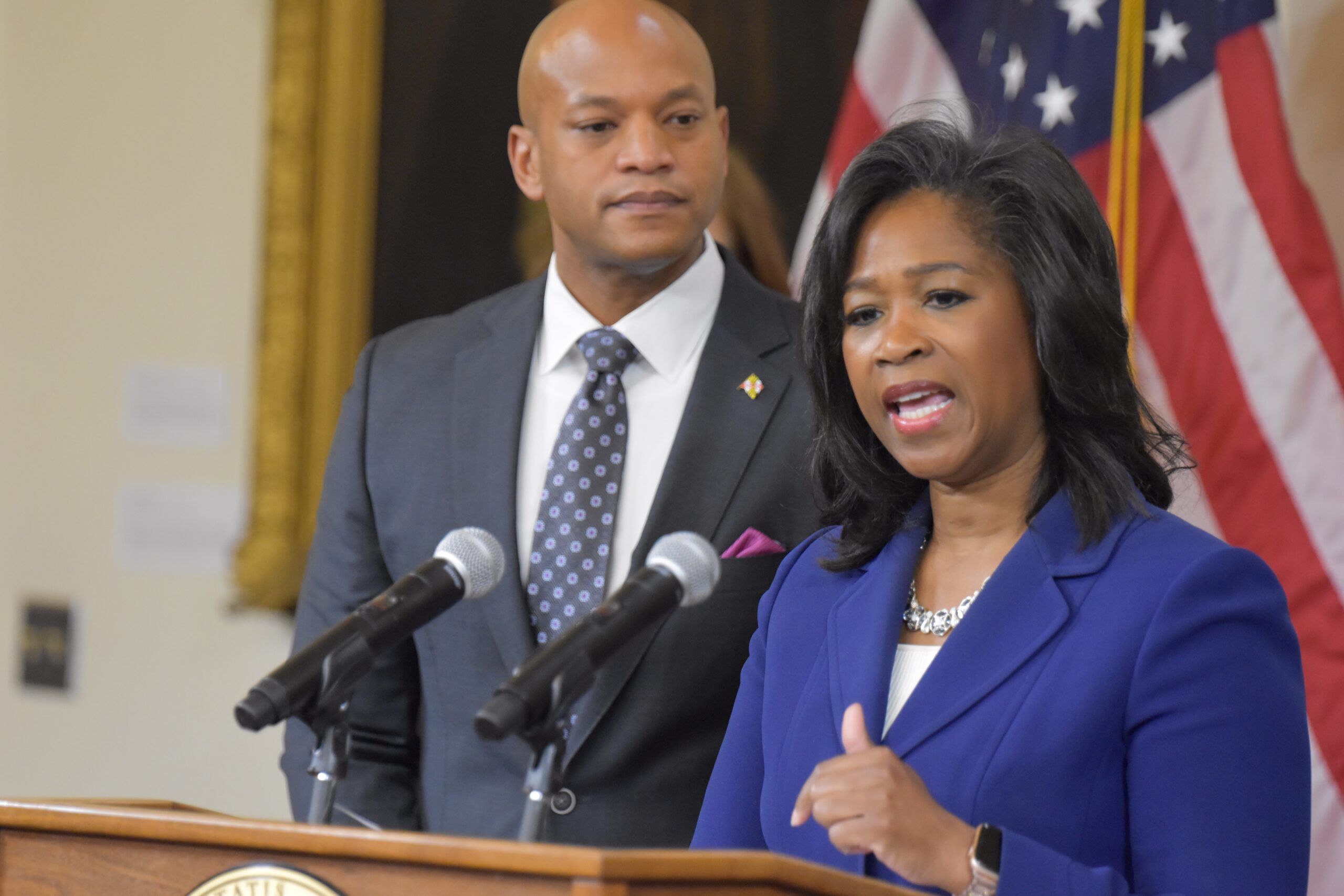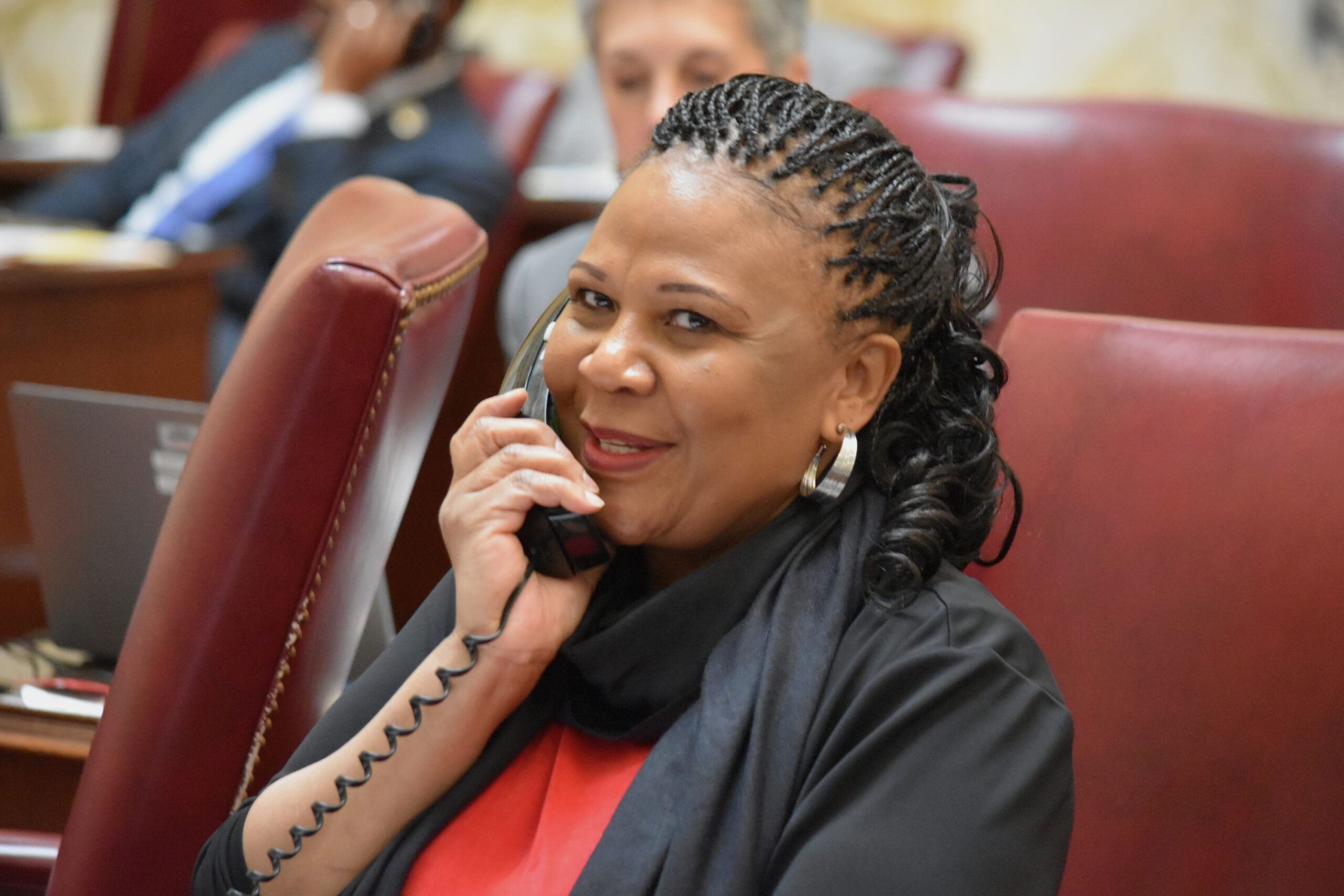Bill Would Change How Lt. Gov. Candidates Are Selected

A long-standing ritual of Maryland politics — the selection of gubernatorial running mates prior to the party primaries — would vanish if a measure backed by two powerful lawmakers becomes law next year.
Under a proposal drafted by Sen. Paul G. Pinsky (D-Prince George’s) and Del. Kumar P. Barve (D-Montgomery), candidates for governor would run solo. The candidates who win the primary would then have 21 days to select a running mate.
The bill — SB 373 and HB 535 in the just-concluded session — would align Maryland’s ticket-building process with the way White House hopefuls select their vice presidential running mates.
Currently candidates for governor in Maryland select a ticket-mate as they seek their party’s nomination, and they file and run as a team.
Although the Pinsky-Barve measure was filed this year, its consideration was put off until 2020 because it requires a constitutional amendment — and all such bills were held until the year of the next election.
Barve said he was motivated to file the bill when he saw a photograph of Democratic gubernatorial hopefuls Rushern L. Baker III and Richard S. Madaleno Jr. during last year’s campaign.
“They were good friends. They liked each other,” Barve said. “And I thought to myself, ‘What a shame it would be for them not to run together.’”
The proposed change would significantly broaden the universe of options available to gubernatorial candidates.
In addition, several observers said the change would foster party unity after a divisive primary because the top vote-getter could reach out to a former rival.
“We have a long tradition, at the federal level, of coming through the primary season and then, at the national convention, oftentimes picking your most formidable opponent to be your running mate,” said Kathleen Matthews, former chair of the Maryland Democratic Party.
She pointed to three examples from recent decades: John F. Kennedy and Lyndon B. Johnson in 1960, Ronald Reagan and George H.W. Bush in 1980 and Bill Clinton and Al Gore in 1992 (Gore thought about running that year but never became a candidate).
“It’s very difficult to reach out to another candidate [in the middle of a primary] and say, ‘Would you consider being my running mate?’” Matthews said. “That creates antagonism oftentimes. [Because the person will say] ‘Well, why don’t you be MY running mate?’
“I’m not privy to any of those conversations [among 2018 Democrats],” Matthews added, “but I believe that they took place.”
According to ballotpedia.org, Maryland is one of only seven states where candidates run in tandem in the primary. Eleven states — including New Jersey, Colorado and Florida — have a system similar to the one Pinsky and Barve envision.
In 17 states — including Virginia — candidates for governor and lieutenant governor run separately, creating the potential that the winners will not like each other or in some cases will even be from different parties.
Todd Eberly, who teaches political science at St. Mary’s College of Maryland, said the Pinsky-Barve concept could help mend bruised egos.
“One of the ways you try to unify a party after a divisive primary is you pick one of your defeated opponents from the primary to run with you,” he said. “And the way it’s set up in Maryland, this can’t be done.”
While gubernatorial campaigns frequently develop hostility toward one another, particularly at the staff level, the principals occasionally have pre-existing relationships, or they develop one during the campaign.
“You’re looking at someone who has gone through this with you and perhaps someone who drew a third or just shy of half of the voters in your party,” Eberly said. “It would just make electoral sense to reach out to that person and put them on your ticket.”
Matthews, who ran the state Democratic Party during the 2018 gubernatorial election, believes candidates will be less likely to go after one another if they think a ticket may be in the offing.
“I think it will bring a civility to the campaigning that will make it less personal and more driven on the issues because you know you have a chance potentially of alignment after the primary,” she said.
Did someone forward this to you?
Get your own daily morning news roundup in your inbox. Free. Sign up here.




 Creative Commons Attribution
Creative Commons Attribution